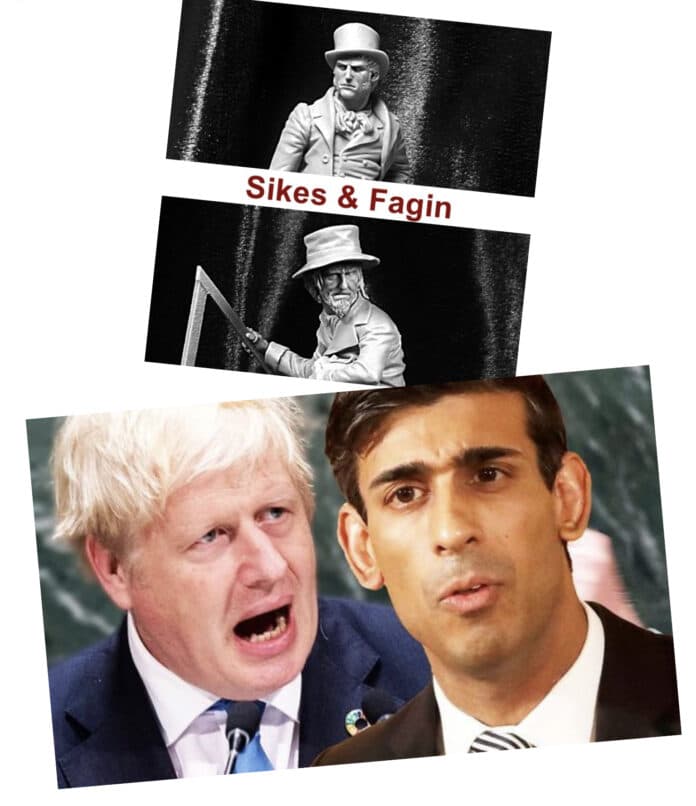According to economic analysis, Rishi Sunak and Boris Johnson have presided over the largest set of tax increases since the Second World War. The Institute for Fiscal Studies (IFS) estimates that by the time of the next general election, the tax burden will have surged to approximately 37% of national income. This translates to roughly an additional £3,500 per household, though the impact is not evenly distributed.
These tax increases, which began being recorded in 1950, represent an unprecedented hike in any parliament’s history. The capacity for tax reductions has been constrained due to rising interest rates and the mounting cost of servicing the national debt. High inflation has also made the government cautious about reducing taxes and leaving citizens with more disposable income.
Andrew Griffith, a Treasury minister, stated that the government still believes in reducing the tax burden but emphasised their current priority of combatting inflation. When asked about the possibility of tax cuts before the next general election, he responded negatively, stating that making specific commitments would be irresponsible.
The Labour Party also declined to commit to tax cuts should they win the next election, attributing the need for fiscal restraint to the policies of the Conservative Party, which they blame for economic challenges.
Some Conservative MPs are advocating for tax reductions, including the potential reduction of spending on large projects like HS2 and a relaxation of inheritance tax. However, Chancellor Jeremy Hunt has expressed skepticism about the feasibility of tax cuts at present, citing the high costs of servicing long-term debt.
Despite the economic challenges, Ben Zaranko of the IFS emphasised that rising tax levels cannot be solely attributed to the pandemic and predicted a continued high-tax approach, regardless of the election outcome.
Mark Franks of the Nuffield Foundation echoed this sentiment, noting that future governments would likely face pressure to raise taxes further to meet growing demand for public services.
A Treasury spokesperson defended the government’s stance, asserting that they are working to restore public finances while keeping the tax burden lower than in major European economies. They emphasised the importance of reducing inflation as the most effective form of tax relief at this time, alongside measures such as raising personal thresholds and expressed the chancellor’s desire to lower the tax burden further once the fiscal situation stabilises.
If you would like your interests… published, submit via https://dorseteye.com/submit-a-report/
Join us in helping to bring reality and decency back by SUBSCRIBING to our Youtube channel: https://www.youtube.com/channel/UCQ1Ll1ylCg8U19AhNl-NoTg and SUPPORTING US where you can: Award Winning Independent Citizen Media Needs Your Help. PLEASE SUPPORT US FOR JUST £2 A MONTH https://dorseteye.com/donate/







